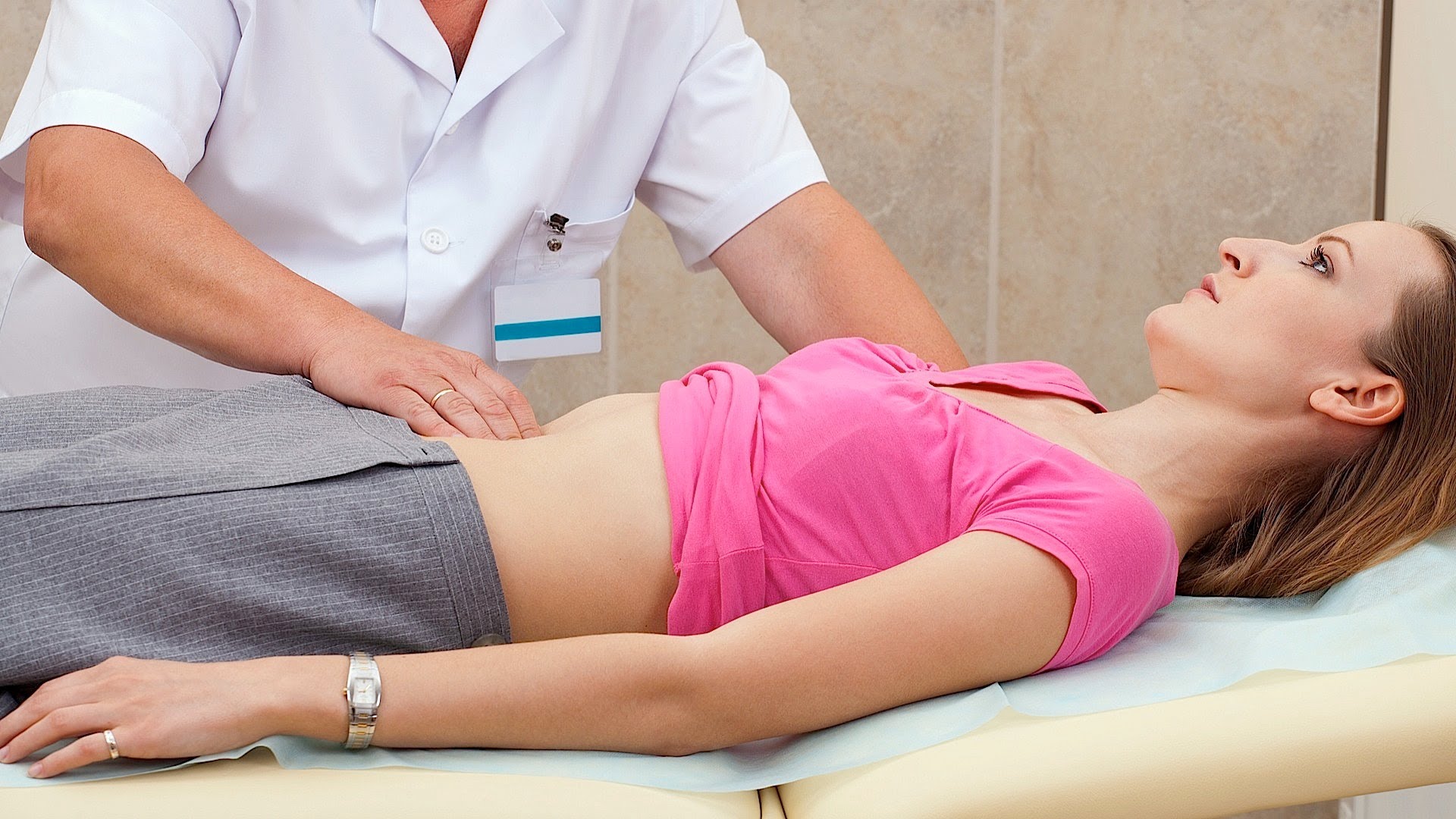Excessive stimulation of the ovaries is called ovarian hyperstimulation caused primarily due to reaction to fertility drugs taken by the patient. About one in three women having IVF develop mild OHSS.

Most cases of OHSS are mild, but severe cases can be dangerous due to the risk of serious complications. OHSS can affect you whether you are taking fertility drugs for IVF, IUI, or have opted for egg donation.
If you’re having IVF, severe OHSS can be a sign that you are pregnant. When you’re pregnant, your body starts to produce human chorionic gonadotrophin (hCG), a hormone used in fertility treatment. This hormone tells your ovaries to release your mature eggs into your fallopian tube. It may take up to 10 weeks for the symptoms to resolve if you are pregnant.
If your doctor has prescribed human menopausal gonadotrophin (hMG) as your fertility drug, your clinic will monitor you closely. Taking hMG prompts your ovaries to produce several eggs. But this drug carries a high risk of OHSS if you are also given the hormone hCG. So, withholding hCG is recommended if you have a high risk of OHSS.
Risk Factors
You have a greater risk of developing OHSS if you:
- are young (under 35)
- have polycystic ovary syndrome (PCOS)
- have had OHSS before
If you have a high risk of developing OHSS, your doctor will adjust your treatment to try to prevent this from happening.
Signs & Symptoms
|
Table source: http://www.ivf.com/
Personal Management Tips:
- drink water when you’re thirsty
- take painkillers, such as paracetamol or codeine
- move your legs regularly to reduce your risk of blood clots
Don’t drink excessive amounts of water or take anti-inflammatory painkillers, such as aspirin or ibuprofen, as these will affect your kidneys.
Note: Do not exercise too strenuously or have sex, while you have OHSS, as this may damage your swollen ovaries further.
Disclaimer
The Content is not intended to be a substitute for professional medical advice, diagnosis, or treatment. Always seek the advice of your physician or other qualified health provider with any questions you may have regarding a medical condition.



